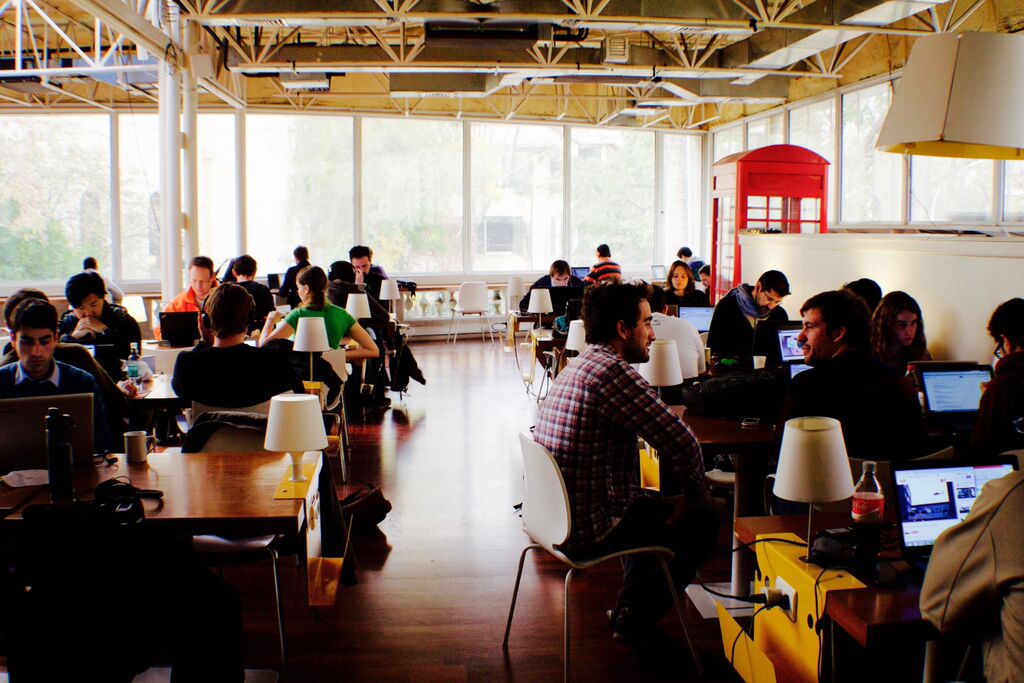What used to be a small market in our industry is now a vast field of opportunities for operators that want to set a standard in Latin America.
We talked with Urban Station in Chile, an operator that acted as a catalyst that helped trigger the coworking movement in Chile and South America.
Urban Station Chile opened its first location in 2010 in the Baquedano area. Soon after opening its doors, they partnered up with CORFO (Corporación de Fomento de la Producción)–a corporation that seeks to improve Chile’s competitiveness through innovation and entrepreneurship–and together they started StartUp Chile.
Through StartUp Chile, Urban Station was able to attract clients and retain members that fully embraced the flexible workspace industry and startup community. Urban Station’s role for the program was to provide a workspace for each startup or entrepreneur during the six months of the program, as well as to make sure that all office needs were being met.
Urban Station was the first coworking space established in the country and being host to Startup Chile helped them shape a clear idea of what types of events people are interested in. However, their business model is not entirely shaped around entrepreneurship.
Francisco Badia, Director of Operations for Urban Station Chile, shared that what differentiates Urban Station from other coworking operators that are now in the country is that they design and shape each locations according to the area in which they establish it.
Their Baquedano location, which was the first one to open, is highly targeted to entrepreneurs and startups; however, their newest location, Manuel Montt, in the Providencia area (set to open March 2016) was designed and created with well-established companies in mind. Which is why this location will feature accent pieces and a mix of open spaces as well as private offices.
The coworking scene in Chile has grown over the last couple of years, which has led to an increase in coworking spaces around the country. Asked about their vision for the future, Francisco commented that
“Urban Station wants to position itself as the leader of what we like to call the Collaborative Work Revolution. We are constantly creating and trying out new models both to see what works in the industry, as well as to see what works for certain clients and their line of work.”
“We believe that the physical space that you see amounts to 1% towards this Collaborative Work Revolution, the remaining 99% is what you can’t see, it’s the efforts that we as a team make so that 2+2 = infinite.”
This hybrid model of operation is what they believe makes them so unique. We’ve heard it many times that our industry is about creating a sense of community, about offering services and spaces that are catered to clients’ needs. Urban Station’s business and franchise model allows for each location to focus on this.
“We seek partners and franchisees whose visions, philosophy, and motivations are along the same line as ours. We strive to create value for the communities in which we operate, which is why we aim for our locations (franchised or not) to portray and adopt a feeling that is consistent with that of the borough and its surrounding communities.”
By now, the Urban Station brand is one of the largest and strongest coworking networks in Latin America. They have locations in Argentina, Chile, Colombia, and Mexico, but no intentions of leaving it there. “We want to consolidate the region and establish a presence on to North America.”
Urban Station is currently nominated to the Top Coworking List by Symmetry50.
















